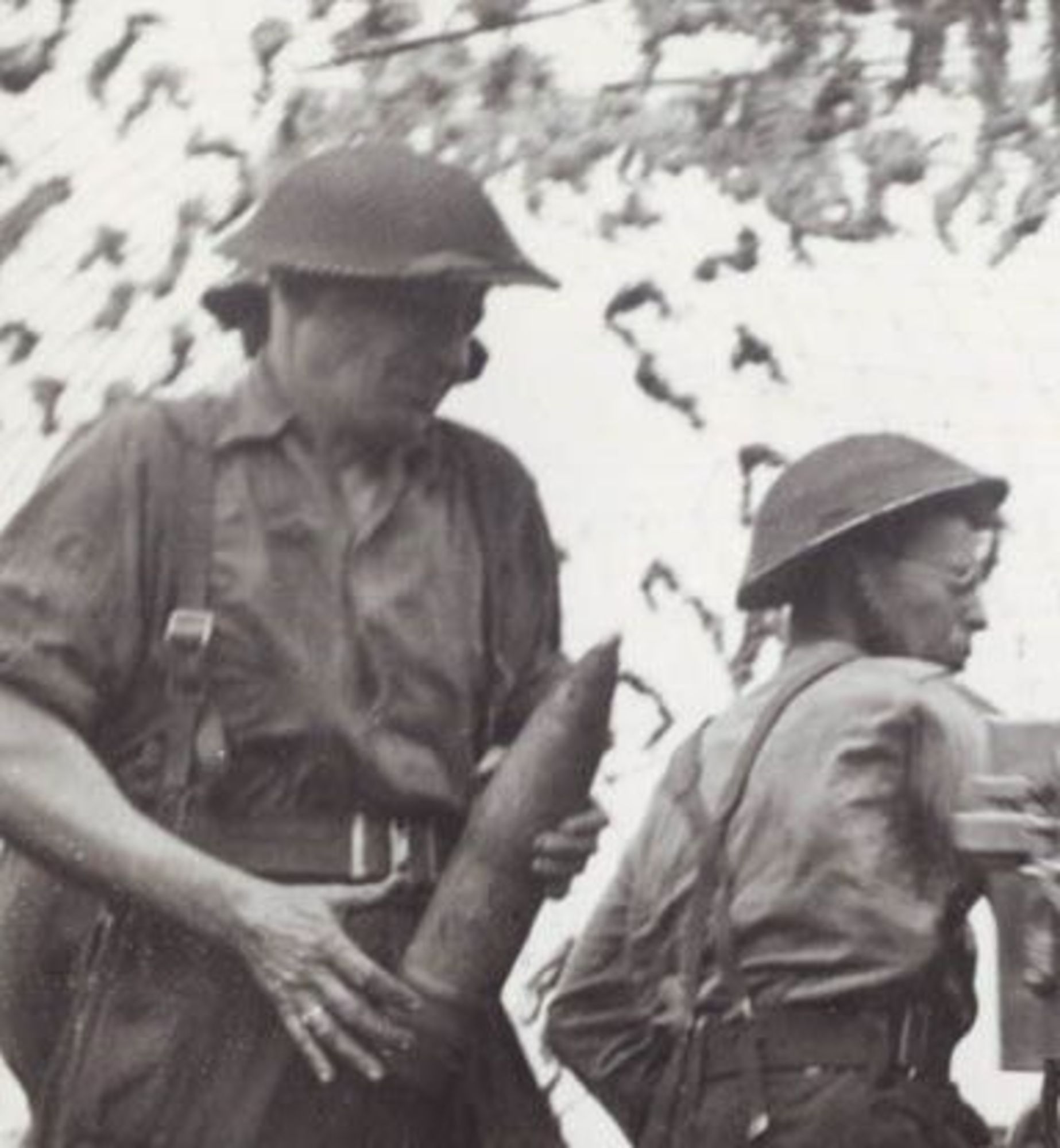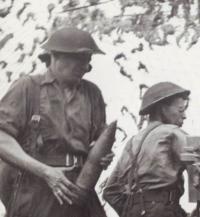Those who stayed down or crawled during the battle of Machnowka have survived. Those who ran have remained there.

Download image
František Šťastný was born in 1922 in Volhynia. After the region became occupied by the Nazis, he witnessed the massacre of five thousand Jews and Russians, and had to help bury them in mass graves. He joined the Czechoslovak foreign army when it was being formed and took part in the first battle at Machnowka. Shortly after, he was slightly injured and then worked as an aid in the field kitchen, together with Agent Reicin. He was then was assigned to another unit, with which he eventually reached Kroměříž. It was there he saw the end of the war. After the war, he worked as a farmer and was sentenced to one month of forced labour.
